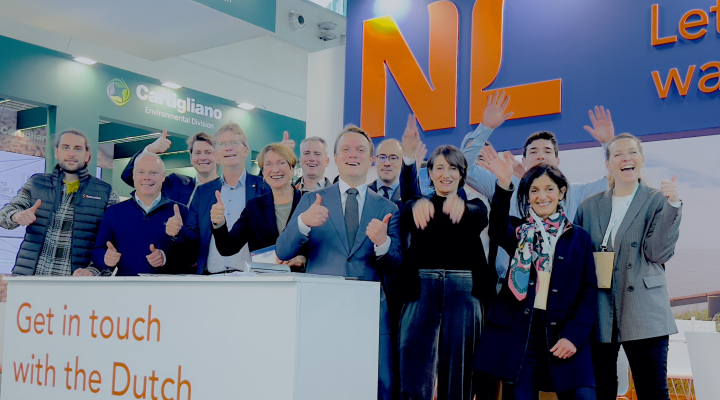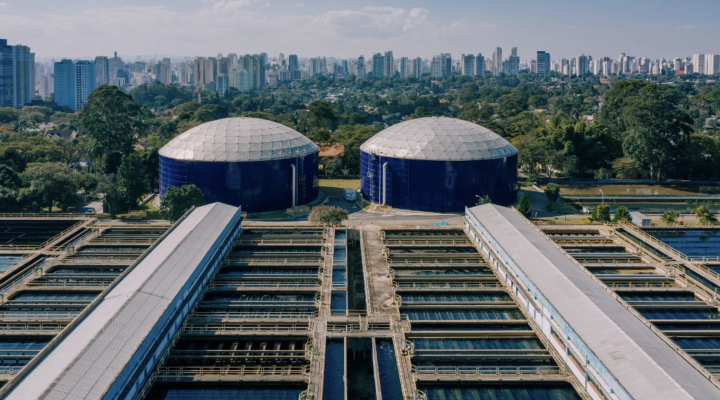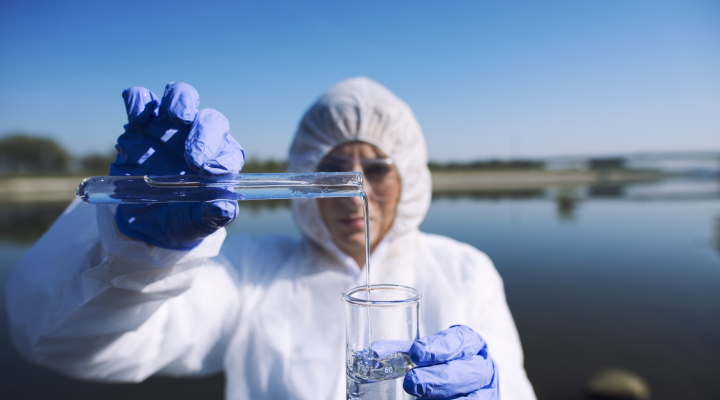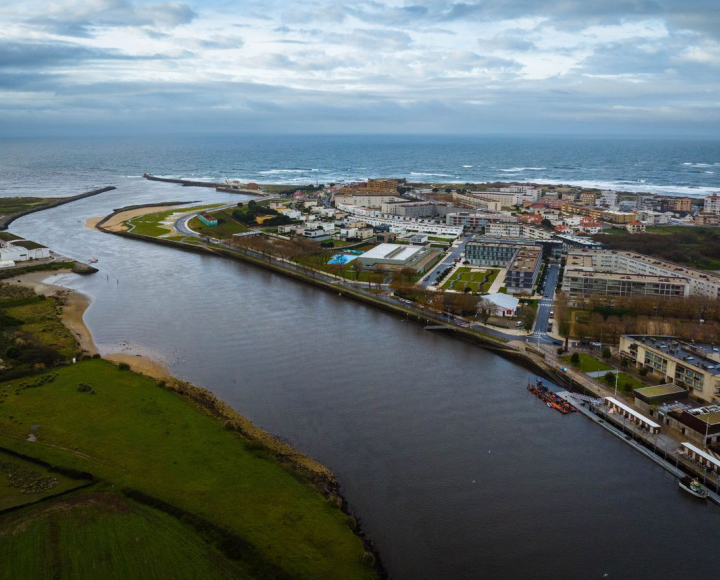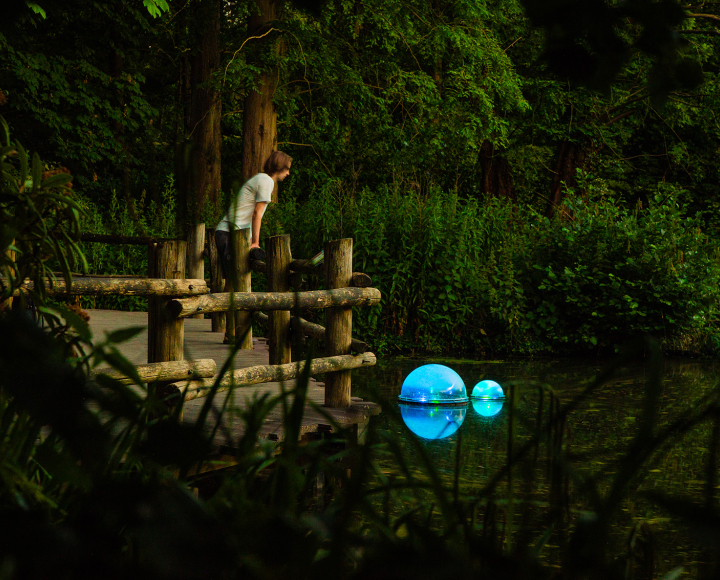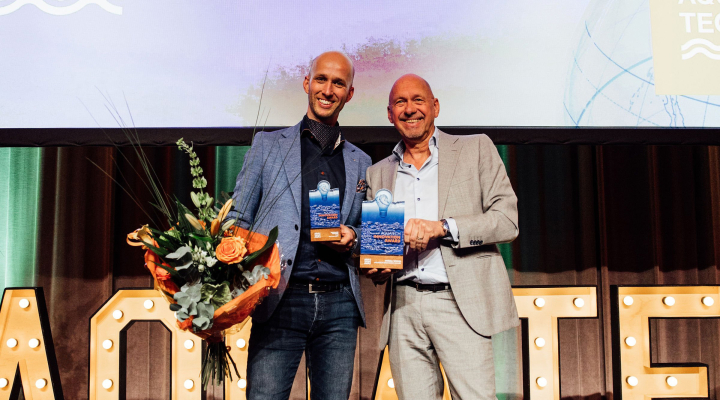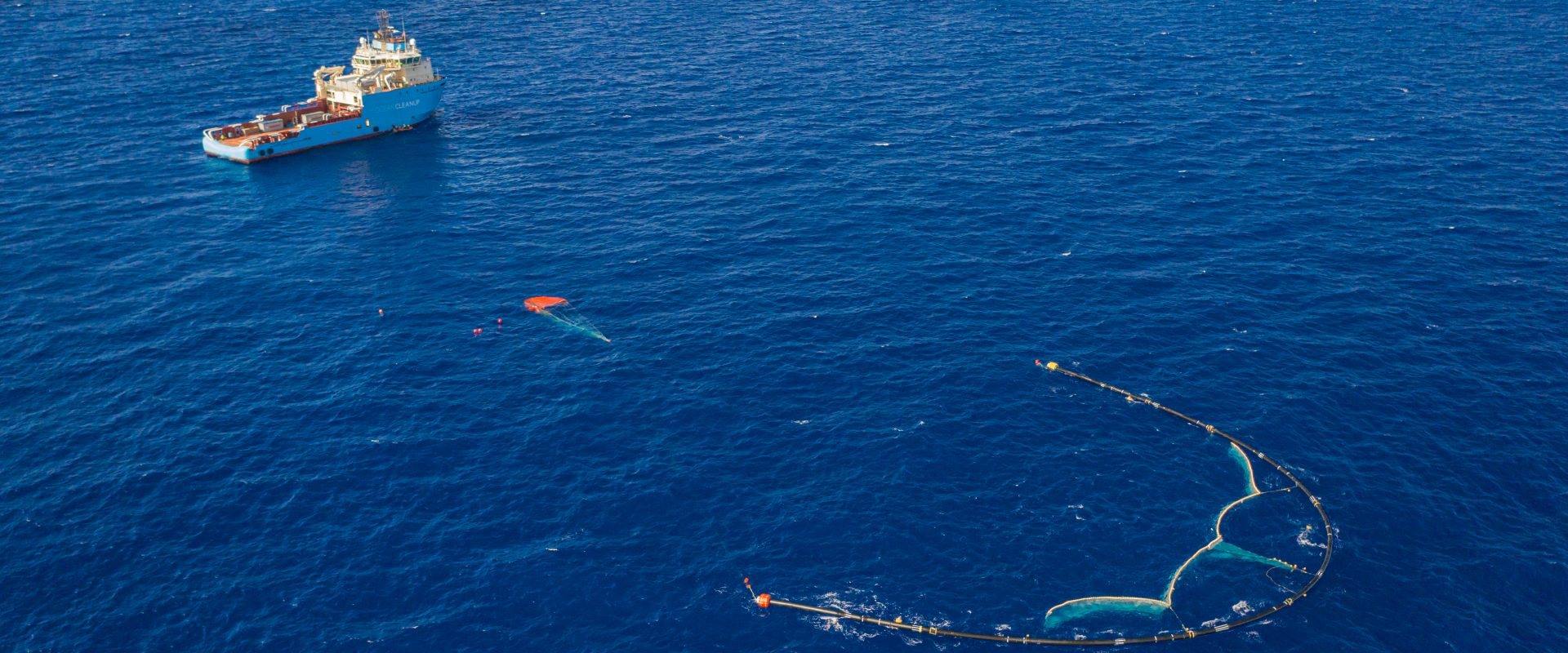
Ocean Cleanup deploys parachute to slow down trash-collecting barrier
The Ocean Cleanup team reported to have overcome a significant stumbling block. It deployed a new version of its U-shaped floating barrier to collect plastic litter in the Pacific Ocean, using a parachute anchor to slow it down as much as possible, allowing the natural winds and waves to push the plastic into the system.
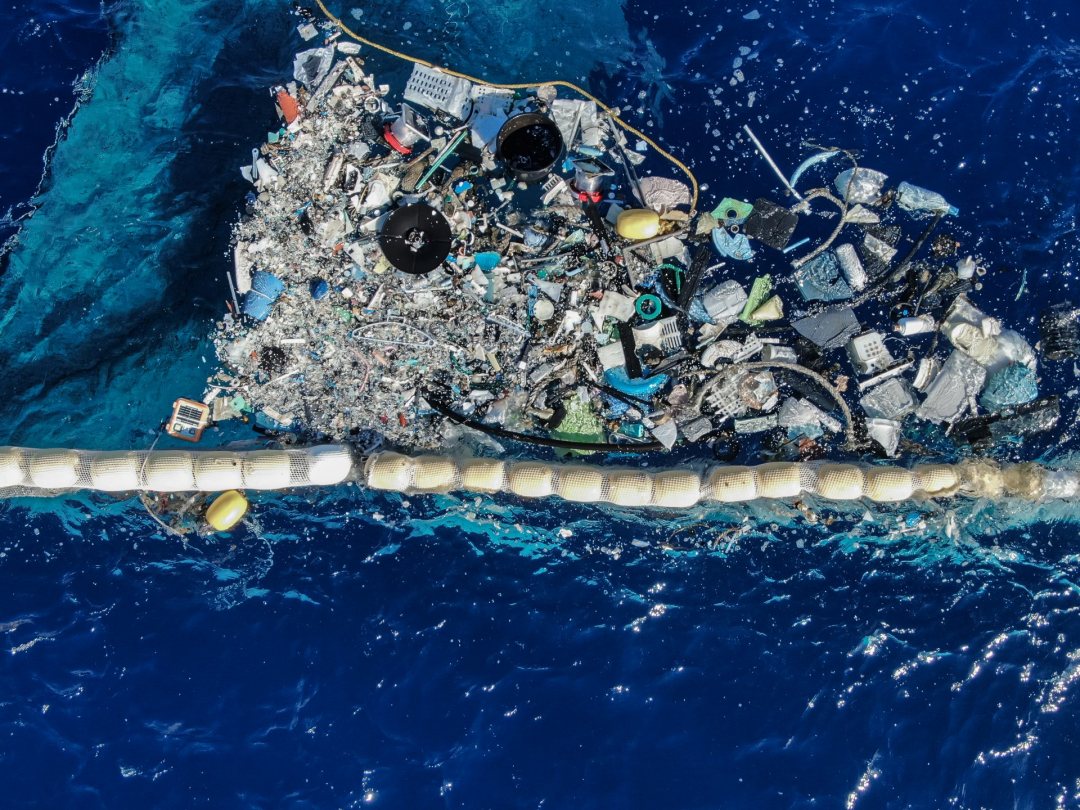

Slow down concept
The six week trial also included the use of large inflatable buoys to speed up the system. However, the parachute anchor proved the best option. By slowing down the drift of the system, the wind and waves push the plastic into the U-shaped barrier which is also holding the garbage patch in place.
During the first weeks, no negative speed differential occurred, the team has reported.
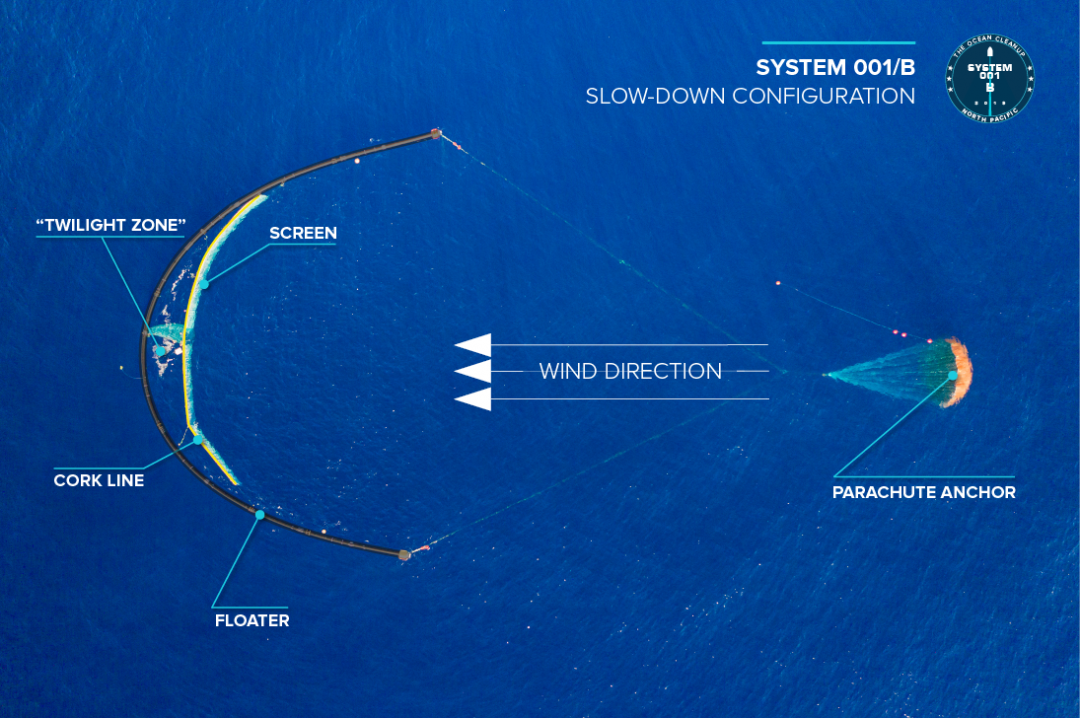

Cork line
The team also tested the attachment of the underwater screen to a line with floaters made of cork. Originally the screen was attached to the barrier with a rail but that proved to have caused the fracture of the boom during the first trial last year.
The new designed cork line holds the screen in place and prevents it from going slack and sinking. This modification has proven most effective, but it does create a space between the screen and the floater.
Cautiously optimistic
The team’s first report is cautiously optimistic as more testing may bring ‘unscheduled learning’. One of the difficult issues to overcome may be the overtopping of the plastic.
‘Yet it is safe to say that we are closer than ever to having a tool capable of cleaning up these garbage patches for good’, the team reported on their website.




